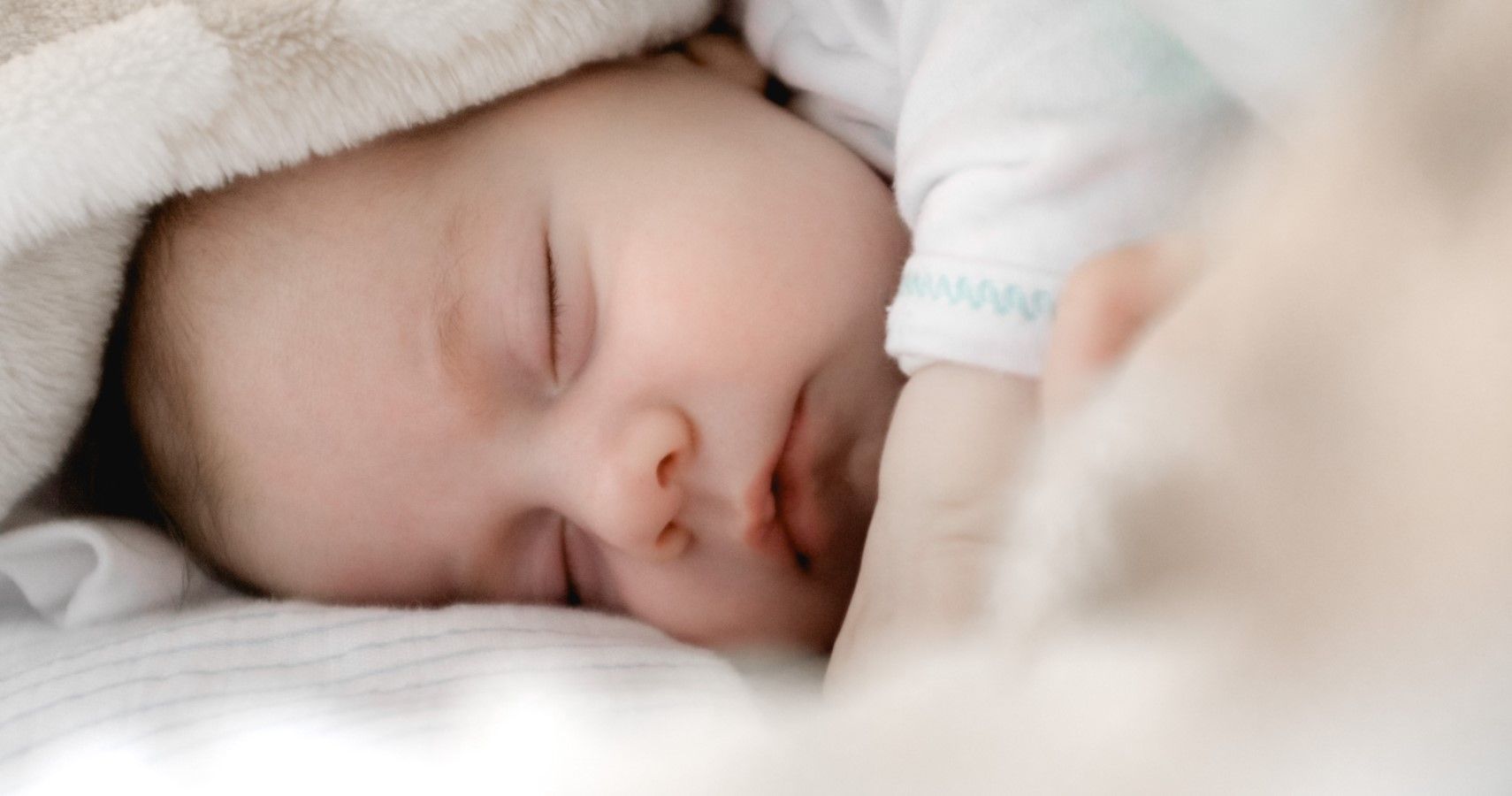My household is recovering from a cold that made its roundabouts last week. I caught it first, then our daughter did, and finally, Dad succumbed to the man cold. While we adults are good to go, our girl is taking a little extra time getting back up to speed. She obviously can't blow her nose at 10 months old, so the NoseFrida has become my friend and her worst enemy. Thankfully, now, her coughs are small and infrequent. It's been more of a nuisance than a cause for worry.
This wasn't the case last December. While there are more than 200 viruses that cause the common cold, she caught Respiratory Syncytial Virus, or RSV, when she was eight weeks old. I'd read all the posts about keeping babies' hands clean and how we should stay indoors until spring, and you'd better believe I was taking all the measures.
We washed and wiped our hands constantly and only left the house to go to the pediatrician, which is where I suspect she caught it. Though RSV is a cold virus, it wasn't just a cold virus. It landed her in the pediatric intensive care unit and scared us to death. I didn't understand how serious it could be until I saw it firsthand.
RSV isn't just a cold when your baby is born premature, is younger than six months, or has heart or lung disease, according to the Centers for Disease Control and Prevention. In addition to the symptoms that come with a common cold, RSV can cause rapid breathing and distended belly breathing in infants, which leads to dehydration. The CHEST Foundation says "about 25% to 40% of the affected infants and children will develop symptoms of bronchiolitis or pneumonia," and "about 5% to 20% of them will require hospitalization."
I believe the American Pregnancy Association when they say breastfeeding boosts your baby's immune system and helps fight off infections. In spite of that, however, my daughter was exclusively breastfed and still extremely sick. She required 8 litres per minute of high-flow oxygen, 24/7 oxygen saturation monitoring, deep suction every two hours, albuterol breathing treatments, and countless needle sticks and blood draws over our six days and nights in the PICU.
She was also given antibiotics because she spiked high fevers out of nowhere, causing concern for secondary bacterial infections. This didn't look like just a cold to me. One of her nurses, who were surprised to learn that our baby was breastfed, told me to imagine how sick she'd be if we weren't nursing.
I caught the virus in the meantime and, due to breastfeeding, couldn't take decongestants because they can lower supply. That meant this mama was sick for a month straight, even after baby was better; it's yet another reason if you're sick or recovering from a cold, you should stay home and stay away from others, especially those with children, and if for some reason you have to go out and about, don't touch babies.
The day after we came home from the hospital, you never would have guessed that our girl had been so sick. She didn't cough or sneeze at all. Two weeks later she caught a much smaller cold that was a breeze to get over. I share that to explain that not all cold viruses are created equal. Prepare yourself and remain vigilant — and healthy — as the sick season ramps up.

